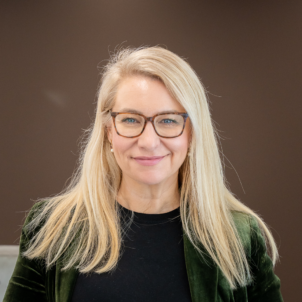Investor Relations & Adhoc
The active and transparent design of communication policy and the principle of equal treatment of all shareholders form the basis for all investor relations activities of Wiener Privatbank.
The company's shareholders and stakeholders are continuously informed via annual and half-yearly financial reports as well as ad hoc announcements (in German only).
An ongoing exchange of information with journalists is ensured through regular press events and background discussions.
Apart from general meetings, contact with private investors takes place at trade fairs and conferences, as well as at in-house events designed specifically for target groups.

